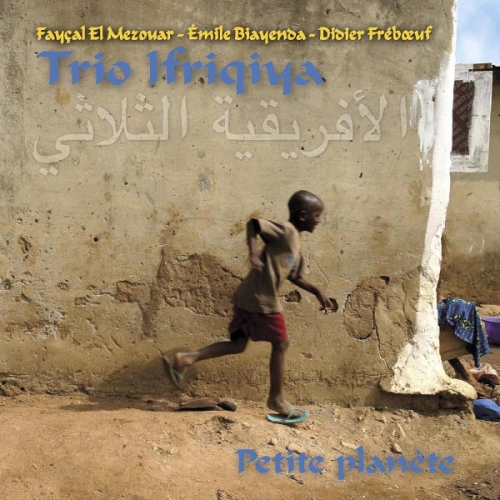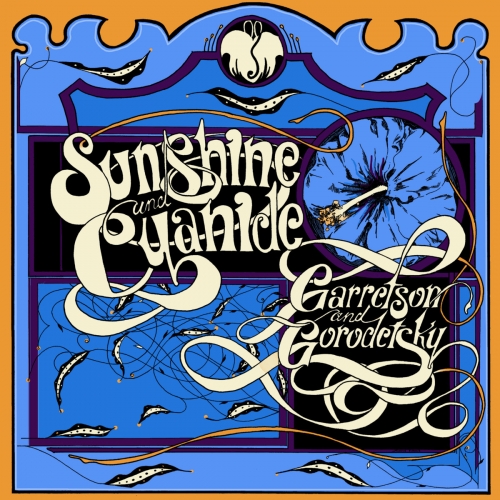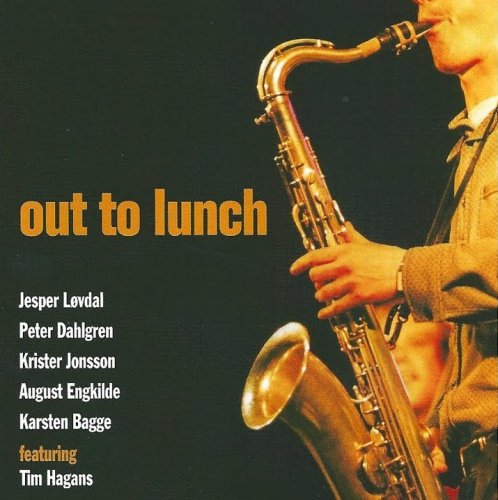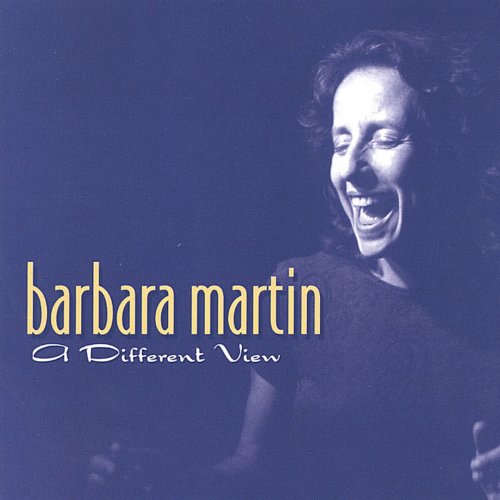Louis Armstrong - The Chronological Classics: 1944-1946 (1997)
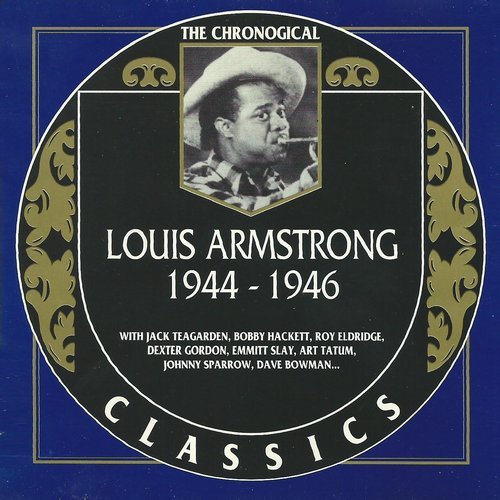
Artist: Louis Armstrong
Title: The Chronological Classics: 1944-1946
Year Of Release: 1997
Label: Classics [928]
Genre: Jazz, Swing
Quality: FLAC (tracks + scans)
Total Time: 70:29
Total Size: 244 MB(+3%)
WebSite: Album Preview
TracklistTitle: The Chronological Classics: 1944-1946
Year Of Release: 1997
Label: Classics [928]
Genre: Jazz, Swing
Quality: FLAC (tracks + scans)
Total Time: 70:29
Total Size: 244 MB(+3%)
WebSite: Album Preview
01. Mop Mop (5:18)
02. Blues (2:52)
03. Esquire Bounce (1:58)
04. Basin Street Blues (3:56)
05. Back O'Town Blues (3:41)
06. Grooving (2:52)
07. Baby Don't You Cry (2:56)
08. Whatcha Say (3:05)
09. "Jack-Armstrong" Blues (3:42)
10. I'm Confessin' That I Love You (3:23)
11. Jodie Man (3:20)
12. I Wonder (3:04)
13. Long Long Journey (4:31)
14. Snafu (4:14)
15. You Won't Be Satisfied (3:01)
16. The Frim Fram Sauce (3:21)
17. Linger in My Arms a Little Longer, Baby (3:00)
18. Whatta Ya Gonna Do (2:56)
19. No Variety Blues (2:57)
20. Joseph 'n His Brudders (3:06)
21. Back O'Town Blues (3:16)
Here's an example of the Classics Chronological Series serving as a valuable tool for savoring and comprehending a temporal segment of one artist's personal and professional development. Over a span of 27 months, Louis Armstrong waxed 21 sides that appeared on three different record labels, beginning with a set of V-Discs cut at New York's Metropolitan Opera House on January 18, 1944. How interesting and exciting it is to hear Louis Armstrong, Barney Bigard, and Jack Teagarden in the company of Roy Eldridge, Coleman Hawkins, Art Tatum, Al Casey, Oscar Pettiford, and Sidney Catlett. The opening track, a five-minute version of Hawkins' "Mop! Mop!," constitutes thrilling proof that two generations of jazz musicians had plenty of stylistic common ground regardless of any imaginary divisions invented and imposed by jazz critics. Armstrong wasn't able to record again as a leader until August of 1944, when he cut three sides for Decca in Los Angeles. Backed by his 16-piece orchestra, Armstrong sang a couple of pop tunes, including a duet with actress Dorothy Dandridge. "Whatcha Say" is typical of the "hep cat" material often foisted upon this beautiful woman whose life would soon begin to unravel. The third track, "Groovin'," is the real chestnut in this part of the discography. Harmonically similar to "Yard Dog," a Roy Eldridge/Buster Harding collaboration recorded by Eldridge's big band in May of 1946, "Groovin'" is a fine piece of work featuring a handsome tenor sax solo by Ted McRae, who had a hand in composing the tune. The other tenor in Armstrong's band at this time was young Dexter Gordon. Back in New York at the beginning of December 1944, Armstrong cut a couple of sides with the V-Disc All-Stars. His only 1945 studio recordings as a leader, apparently, were two little sides for Decca. "Jodie Man" is 100 percent wartime propaganda, depicting draft dodgers and men who didn't enlist as slackers and ne'er-do-wells. An "All-American" band assembled according to Esquire magazine poll specifications recorded twice for Victor in January of 1946. Duke Ellington announces and sits in with Billy Strayhorn at the piano behind a small sampling of their best players -- Johnny Hodges, Jimmy Hamilton, and Sonny Greer -- commingled with Charlie Shavers, Neal Hefti, Don Byas, Remo Palmieri, Chubby Jackson, and Louis Armstrong. Eight days later, Pops was in the studio singing duets with Ella Fitzgerald for Decca. This entertaining album of historical treats closes with five selections using the big band. The presence of vocalist Velma Middleton seems to presage the eventual formation of Louis Armstrong's All-Stars, destined to become his preferred configuration.
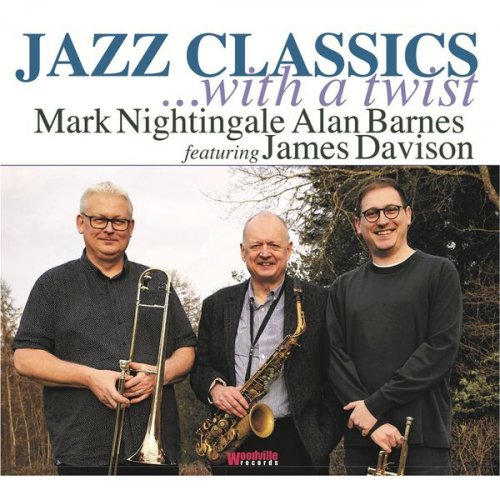
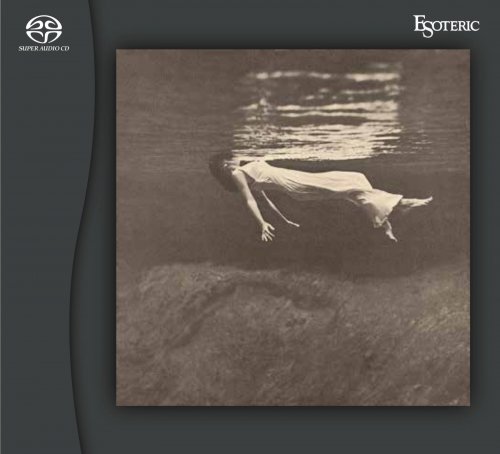
![Double Drums, Philipp Jungk & Alexander Glöggler - All You Can Beat (2026) [Hi-Res] Double Drums, Philipp Jungk & Alexander Glöggler - All You Can Beat (2026) [Hi-Res]](https://www.dibpic.com/uploads/posts/2026-02/1771946421_folder.jpg)

